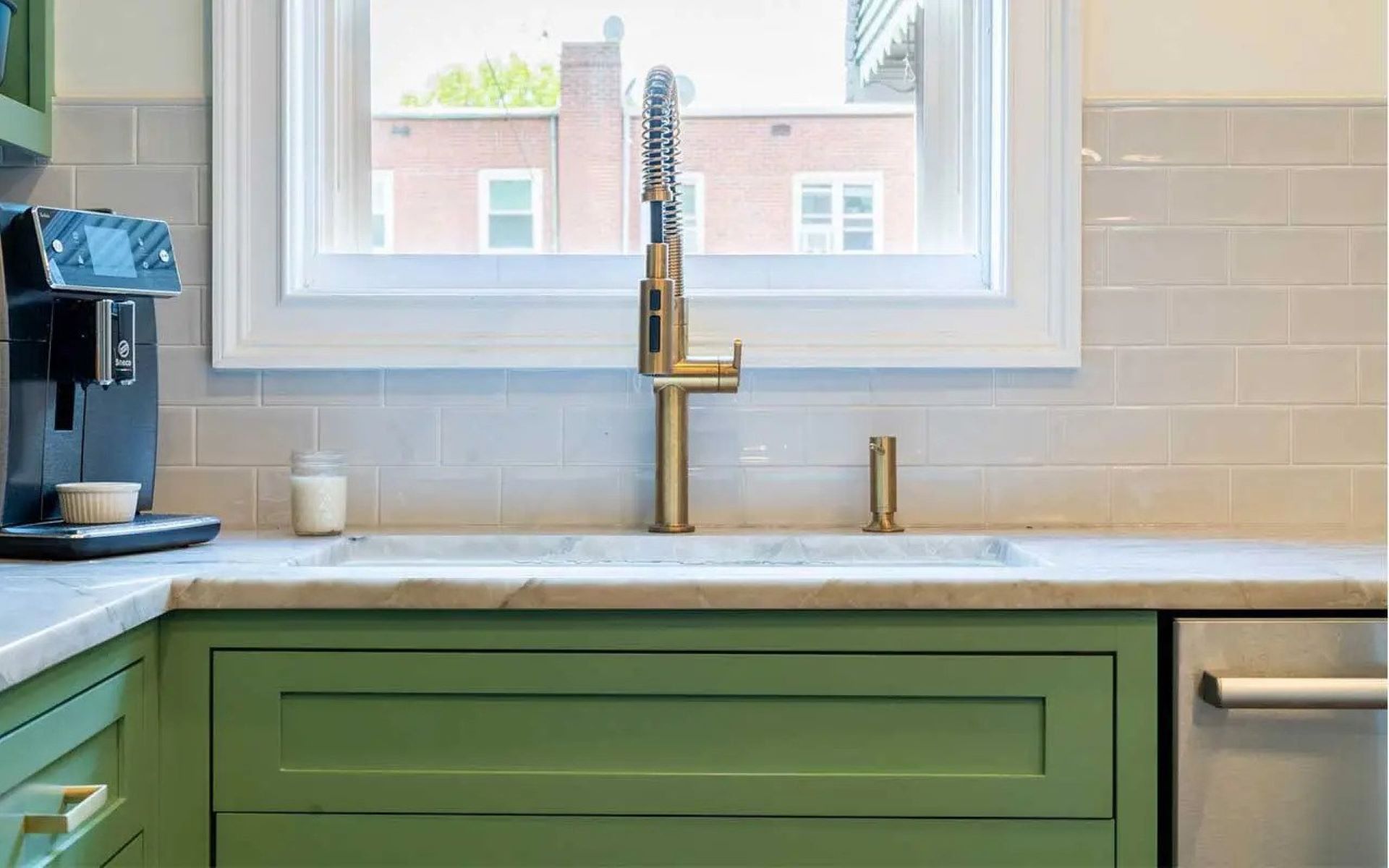

Articles
How To Maintain Quartzite Countertops
Modified: August 17, 2024
Learn effective techniques for maintaining quartzite countertops with our informative articles
(Many of the links in this article redirect to a specific reviewed product. Your purchase of these products through affiliate links helps to generate commission for Storables.com, at no extra cost. Learn more)
Introduction
Quartzite countertops have become a popular choice for homeowners seeking both durability and elegance in their kitchen or bathroom. Derived from natural quartz-rich sandstone and metamorphosed under extreme heat and pressure, quartzite is a hard and durable material that is also resistant to scratches and stains. This makes it an ideal option for busy households and those who value aesthetic appeal.
In this article, we will delve into the world of quartzite countertops – exploring their unique properties, advantages, and how to properly care for and maintain them. Whether you are considering installing quartzite countertops or already have them in your home, this guide will provide you with valuable information to keep them looking pristine for years to come.
Key Takeaways:
- Quartzite countertops offer durability, stain resistance, and natural beauty, making them ideal for busy kitchens and bathrooms. Proper maintenance, including daily cleaning, stain removal, and sealing, ensures their longevity and elegance.
- To maintain quartzite countertops, identify the type of quartzite, perform spot tests, use gentle cleaning products, and prevent scratches and heat damage. Regular sealing, daily cleaning, and prompt stain removal are essential for preserving their beauty and functionality.
Read more: How Much Are Quartzite Countertops
What is Quartzite?
Quartzite is a natural stone that is formed when sandstone undergoes intense heat and pressure, causing it to recrystallize and become incredibly compact. This metamorphic process gives quartzite its characteristic hardness and durability. It is primarily composed of quartz, which is one of the hardest minerals on Earth, making it highly resistant to scratches and impacts.
One of the distinguishing features of quartzite is its unique and captivating patterns. The intense pressure during its formation causes the quartz grains to fuse together, creating stunning swirls, veins, and colors that add elegance and visual interest to any surface.
It is important to note that quartzite should not be confused with quartz countertops. While both materials share similar names, they have distinct characteristics. Quartzite is a natural stone, while quartz countertops are engineered and consist of a mix of quartz particles and resin.
Quartzite is available in a wide range of colors, from light hues such as white and beige to bolder shades like gray, green, and even blue. This versatility allows homeowners to choose a quartzite variety that perfectly matches their aesthetic preferences and complements their interior design.
One of the main advantages of quartzite is its exceptional durability. Its hardness ensures that it can withstand heavy use and resist scratches, chipping, and wear. This makes quartzite countertops perfect for high-traffic areas such as kitchens and bathrooms, where durability is a top priority.
Advantages of Quartzite Countertops
Quartzite countertops offer a range of advantages that make them a preferred choice for homeowners looking for both style and functionality in their kitchen or bathroom. Here are some key advantages of quartzite countertops:
- Durability: Quartzite is one of the hardest natural stones available, which means it is highly resistant to scratches, heat, and impacts. This makes it an ideal choice for busy kitchens and bathrooms that see a lot of activity.
- Stain Resistance: Quartzite has a low porosity, meaning it is less likely to absorb liquids and stains compared to other natural stones. With proper sealing, quartzite countertops can be highly resistant to stains from common kitchen spills like coffee, wine, and oil.
- Natural Beauty: Quartzite countertops are renowned for their stunning and unique designs. The metamorphic process that quartzite undergoes results in beautiful patterns, colors, and veining that can add a touch of elegance and sophistication to any space.
- Heat Resistance: Quartzite is highly resistant to heat, making it suitable for hot pans and pots straight from the stove or oven. However, it is always recommended to use trivets or hot pads to prevent any potential thermal shock.
- Low Maintenance: Quartzite countertops require minimal maintenance. Regular cleaning with mild soap and water is usually sufficient to keep them looking their best. Additionally, proper sealing helps maintain its resistance to stains and ensures longevity.
It is important to note that while quartzite countertops offer numerous advantages, they do require proper care and maintenance to preserve their beauty and functionality. Regular cleaning and periodic sealing are essential to protect the surface and prevent any potential damage.
By choosing quartzite countertops, homeowners can have a durable and visually stunning addition to their kitchen or bathroom that will stand the test of time.
Precautions before Maintenance
Before diving into the maintenance routine for quartzite countertops, there are a few precautions to keep in mind. Taking these steps will ensure that you are properly caring for your countertops and avoiding any potential damage:
- Identify the Type of Quartzite: Quartzite comes in different varieties, each with its own unique properties. It is important to identify the specific type of quartzite you have to determine the ideal maintenance routine. Some varieties may be more porous or sensitive to certain cleaning products, so knowing the characteristics of your quartzite is crucial.
- Perform a Spot Test: Before using any cleaning or maintenance products on your quartzite countertops, perform a spot test in an inconspicuous area. Apply the product and wait for a few minutes to ensure there is no adverse reaction or discoloration. If any issues arise, consult a professional or switch to a different cleaning solution.
- Use Gentle Cleaning Products: Harsh chemicals and abrasive cleaners can damage the surface of quartzite. Avoid using acidic or alkaline cleaners, as they can dull the finish or etch the surface. Stick to mild soap and warm water or a pH-neutral quartzite cleaner for regular cleaning.
- Prevent Scratches: While quartzite is highly scratch-resistant, it is still advisable to use cutting boards and avoid dragging heavy or sharp objects across the surface. This will help prevent any potential scratches or damage to the countertop.
- Avoid Extreme Heat: Although quartzite is heat-resistant, it is best to use trivets or hot pads when placing hot pans or pots directly on the countertop. Extreme and rapid changes in temperature can cause thermal shock, potentially leading to cracks or damage.
- Regularly Clean Spills: Promptly clean up any spills on the surface of your quartzite countertops. Even though quartzite has low porosity, prolonged exposure to acidic substances like citrus juice or vinegar can cause etching or stains. Clean the spills with a soft cloth or sponge and gentle cleaning solution.
- Apply Sealer: Quartzite countertops should be sealed regularly to maintain their resistance to stains and ensure longevity. Consult the manufacturer’s recommendations for the appropriate sealer and frequency of application. This will protect the surface and provide an additional layer of defense against spills and stains.
By following these precautions, you can ensure that your quartzite countertops are properly maintained and preserved, keeping them looking beautiful and functional for years to come.
Daily Cleaning Routine
Maintaining a daily cleaning routine for your quartzite countertops is essential to keep them looking clean and in prime condition. Follow these simple steps for an effective and safe daily cleaning routine:
- Wipe Down with Warm Water: Start by wiping down the quartzite countertops with a soft, damp cloth or sponge soaked in warm water. This helps remove any surface dirt, debris, or spills.
- Mild Soap Solution: If there are any stains or greasy spots, use a mild soap solution. Mix a few drops of pH-neutral dish soap with warm water. Gently scrub the affected areas with a soft cloth or sponge. Avoid using abrasive scrubbers or harsh chemicals that can damage the surface.
- Rinse Thoroughly: After cleaning with the soap solution, rinse the countertops thoroughly with clean water. This will ensure that no soap residue is left behind, which could potentially dull the finish over time.
- Dry Completely: Use a clean, dry cloth to thoroughly dry the quartzite countertops. Moisture left on the surface can leave water spots or streaks, diminishing the natural beauty of the stone. Ensure that the countertops are completely dry before moving on to the next step.
- Polish (Optional): If desired, you can use a quartzite-specific polish to enhance the shine and luster of your countertops. Follow the manufacturer’s instructions carefully when applying the polish. However, keep in mind that quartzite typically has a natural sheen, and excessive polishing may not be necessary.
It’s important to note that even with regular cleaning, certain substances may leave behind stubborn stains or marks on the quartzite surface. In such cases, special cleaning techniques may be required, as discussed in the next section.
By incorporating these simple cleaning steps into your daily routine, you can keep your quartzite countertops looking clean, shiny, and beautiful, preserving their natural charm and durability for years to come.
To maintain quartzite countertops, use a mild soap and water for daily cleaning. Avoid harsh chemicals and abrasive cleaners to prevent damage to the surface. Additionally, reseal the countertops every 1-2 years to maintain their durability and resistance to stains.
Read more: How To Maintain Soapstone Countertops
Removing Stains from Quartzite Countertops
Despite its resistance to stains, quartzite countertops can occasionally encounter stubborn stains that require a bit of extra attention. Here are some effective techniques to remove common stains from quartzite:
- Water-Based Stains: For water-based stains like coffee, tea, or juice spills, start by blotting the area immediately with a clean, soft cloth or paper towel. Avoid rubbing the stain as it can spread further. Next, create a paste by mixing baking soda with water until it forms a thick consistency. Apply the paste to the stain, gently scrub in a circular motion, and let it sit for a few minutes. Rinse off the paste with clean water and dry the area thoroughly.
- Oil-Based Stains: For oil-based stains like grease or cooking oil spills, apply a poultice made from a mixture of baking soda and acetone. Spread the poultice over the stain and cover it with plastic wrap. Allow the poultice to sit on the stain overnight, ensuring it remains moist. The next day, remove the poultice, rinse the area with warm water, and dry it completely.
- Acidic Stains: Acidic substances like wine or vinegar can etch and stain quartzite countertops. If you notice an acidic stain, immediately blot the spill with a clean cloth or paper towel. For stubborn stains, create a paste using a marble polishing powder and water. Apply the paste to the stain, gently scrub in a circular motion, and let it sit for a few minutes. Rinse off the paste with clean water and dry the area thoroughly.
- Rust Stains: Rust stains can occur if metal objects are left on the quartzite surface for an extended period. To remove rust stains, create a paste by mixing equal parts of baking soda and water or lemon juice. Apply the paste to the stain, gently scrub, and let it sit for a few minutes. Rinse off the paste with clean water and dry the area thoroughly.
It is important to note that different types of stains may require specific techniques or products for effective removal. If you encounter a stubborn or unfamiliar stain on your quartzite countertops, it is best to consult a professional stone cleaner or contact the manufacturer for guidance.
By promptly addressing stains and employing the appropriate cleaning methods, you can maintain the beauty and allure of your quartzite countertops for years to come.
Preventing Damage to Quartzite Countertops
To ensure the longevity and beauty of your quartzite countertops, it is essential to take preventive measures to avoid damage. By following these guidelines, you can protect your countertops and maintain their pristine condition:
- Use Cutting Boards: While quartzite is highly resistant to scratches, it is still advisable to use cutting boards when chopping or slicing food. This will prevent any potential damage from sharp knives and minimize the risk of scratches.
- Avoid Heavy Impacts: Although quartzite is durable, it is not impervious to heavy impacts. Avoid dropping heavy objects or applying excessive force that could cause cracks or chipping in the surface. Use caution when handling heavy pots, pans, or appliances.
- Protect from Heat: While quartzite is heat-resistant, it is recommended to use trivets or hot pads under hot cookware or baking dishes. Direct contact with excessive heat can potentially cause thermal shock and damage the quartzite surface. Always use protective barriers to prevent any potential heat-related issues.
- Be Mindful of Chemicals: Avoid using harsh chemicals or abrasive cleaners on your quartzite countertops. Acidic or alkaline cleaners can dull the finish and potentially damage the surface. Stick to gentle soap, warm water, or specifically formulated quartzite cleaners for routine cleaning.
- Wipe Up Spills: Promptly clean up any spills on your quartzite countertops to prevent staining or etching. Quartzite has a low porosity, but certain substances like wine, citrus juices, or oils can cause damage if left unattended. Use a soft cloth or sponge and gently blot the spill to remove it completely.
- Avoid Harsh Scrubbing: While gently scrubbing with a soft cloth or sponge is acceptable for cleaning, avoid using abrasive scrubbers or scouring pads on quartzite countertops. Harsh scrubbing can scratch the surface and diminish its natural beauty.
- Maintain Regular Sealing: Quartzite countertops should be properly sealed to maintain their resistance to stains and prevent damage. Follow the manufacturer’s recommendations for the type of sealer and frequency of application. Regular sealing provides an added layer of protection and prolongs the life of your countertops.
By implementing these preventive measures, you can ensure that your quartzite countertops remain in excellent condition and retain their timeless beauty for many years to come.
Sealing Quartzite Countertops
Sealing quartzite countertops is an important step in maintaining their beauty and protecting them from stains and damage. The sealing process creates a protective barrier on the surface of the quartzite, reducing its porosity and making it more resistant to spills and stains. Here’s a step-by-step guide on how to properly seal your quartzite countertops:
- Preparation: Before sealing, ensure that your countertops are clean and free from any debris or spills. Use a mild soap and warm water solution to clean the surface, and dry it thoroughly with a clean cloth.
- Choose the Right Sealer: There are various types of sealers available for quartzite countertops, such as penetrating sealers and surface sealers. Consult the manufacturer’s recommendations or seek advice from a professional to determine the appropriate sealer for your specific quartzite variety.
- Test in an Unnoticeable Area: Prior to sealing the entire countertop, perform a small spot test in an inconspicuous area. Apply a small amount of sealer and allow it to dry according to the manufacturer’s instructions. Check for any discoloration or adverse reactions to ensure compatibility with your quartzite.
- Apply the Sealer: Begin by applying the sealer to the surface of the quartzite countertops using a clean, lint-free cloth or brush. Ensure even coverage over the entire surface, including the edges. Apply the sealer in thin, even coats, and avoid excessive pooling or puddling of the sealer.
- Allow Absorption Time: Give the sealer enough time to absorb into the quartzite. Follow the manufacturer’s instructions regarding the recommended absorption time, which is typically a few minutes to an hour. During this time, the sealer will penetrate the surface and create a protective barrier.
- Remove Excess Sealer: After the absorption time has passed, gently wipe away any excess sealer from the surface of the countertops using a clean, dry cloth. Be careful not to disturb the newly formed protective layer. Allow the countertops to dry completely, following the manufacturer’s recommended drying time.
- Test the Seal: After the sealer has fully dried, perform a water droplet test on a small inconspicuous area of the countertop. Place a few drops of water on the surface and observe how quickly the water is absorbed. If the water beads up and does not penetrate the surface, the seal is successful. If the water is absorbed, a second coat of sealer may be necessary.
- Maintaining the Seal: The lifespan of the seal will vary depending on factors such as usage, cleaning products, and the specific quartzite variety. It is recommended to reseal the countertops periodically, typically every 1-3 years. Be sure to follow the manufacturer’s recommendations for resealing frequency.
By following these steps, you can effectively seal your quartzite countertops, providing them with enhanced protection and ensuring their longevity and beauty for years to come.
Conclusion
Quartzite countertops are an excellent choice for homeowners who desire a combination of durability, elegance, and natural beauty. With their hard and resilient nature, quartzite countertops can withstand the demands of busy kitchens and bathrooms while adding a touch of sophistication to the space.
By understanding the unique properties of quartzite and implementing proper care and maintenance, you can ensure the longevity and beauty of your countertops. Follow a daily cleaning routine, promptly address stains, and take precautionary measures to prevent damage from heat, scratches, and chemicals.
Regular sealing is vital to maintain the stain resistance and longevity of quartzite countertops. Choose the appropriate sealer for your specific quartzite variety, and follow the manufacturer’s instructions for application and resealing frequency.
Remember to perform spot tests, use gentle cleaning products, avoid harsh scrubbing, and wipe up spills promptly to keep your countertops looking their best. By incorporating these practices into your routine, you can enjoy the splendor of your quartzite countertops for years to come.
Quartzite countertops offer a durable and stylish option for any kitchen or bathroom. Their strength, resistance to stains, and natural beauty make them a popular choice among homeowners. Take the time to care for and maintain your quartzite countertops, and they will reward you with years of lasting elegance and functionality.
Whether you are considering installing quartzite countertops or already have them in your home, following these maintenance tips and precautions will ensure that your countertops remain a focal point of beauty and functionality for years to come.
Frequently Asked Questions about How To Maintain Quartzite Countertops
Was this page helpful?
At Storables.com, we guarantee accurate and reliable information. Our content, validated by Expert Board Contributors, is crafted following stringent Editorial Policies. We're committed to providing you with well-researched, expert-backed insights for all your informational needs.
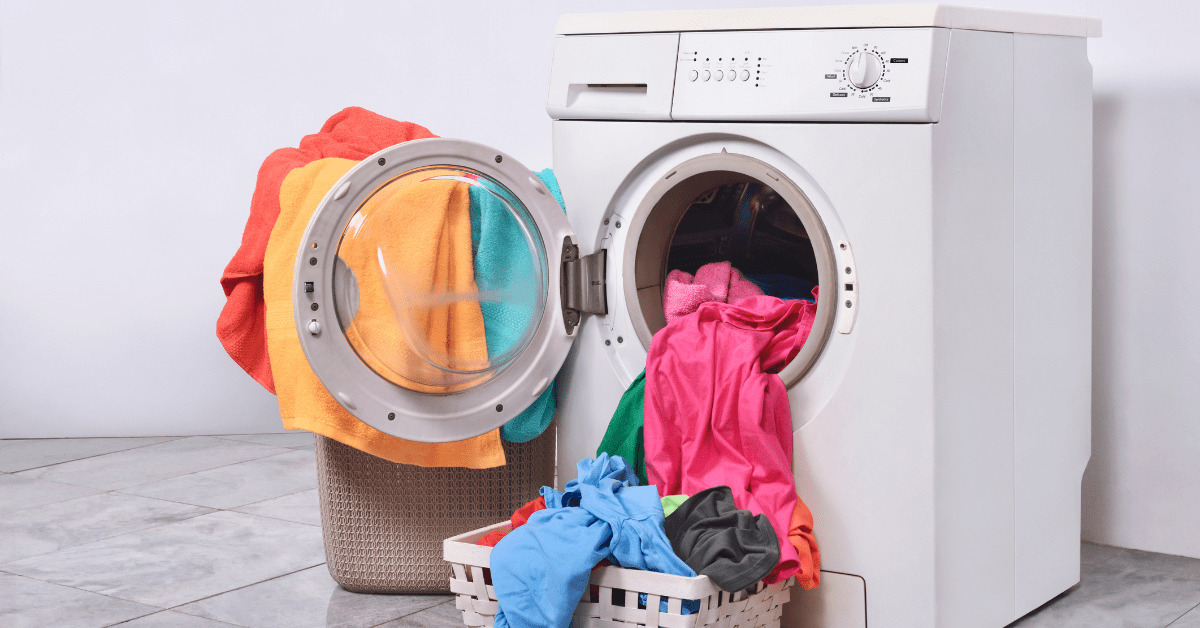
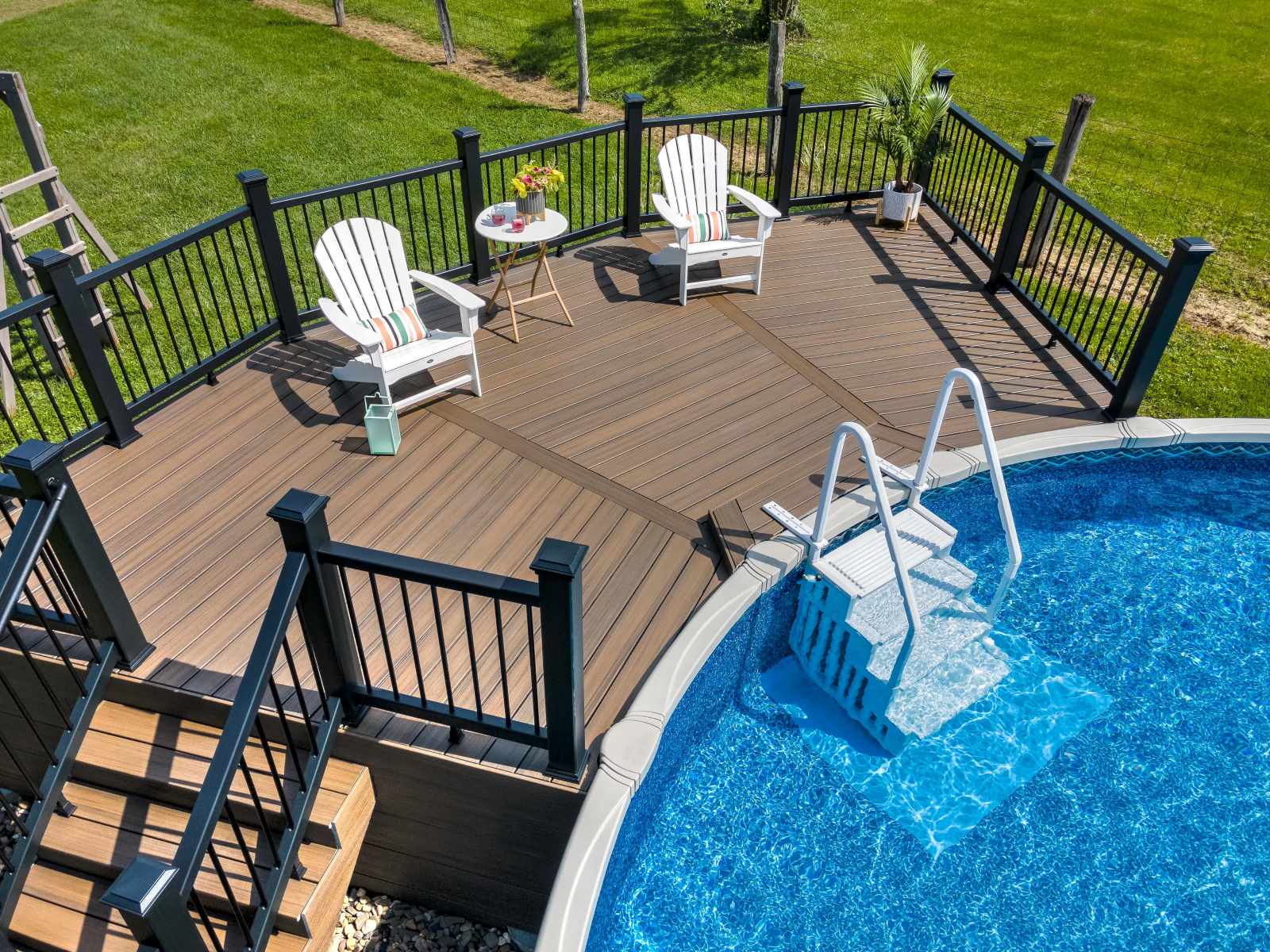
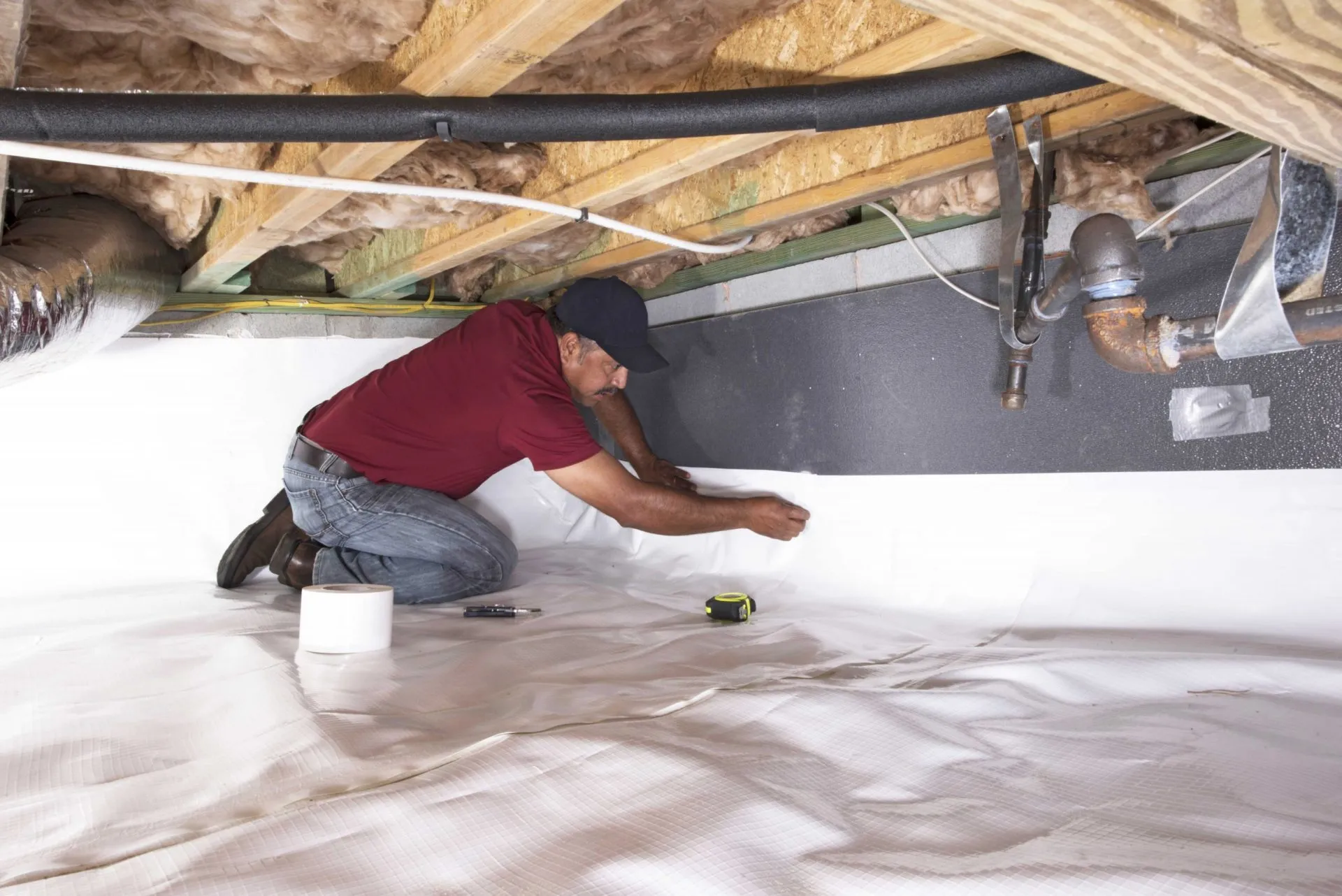
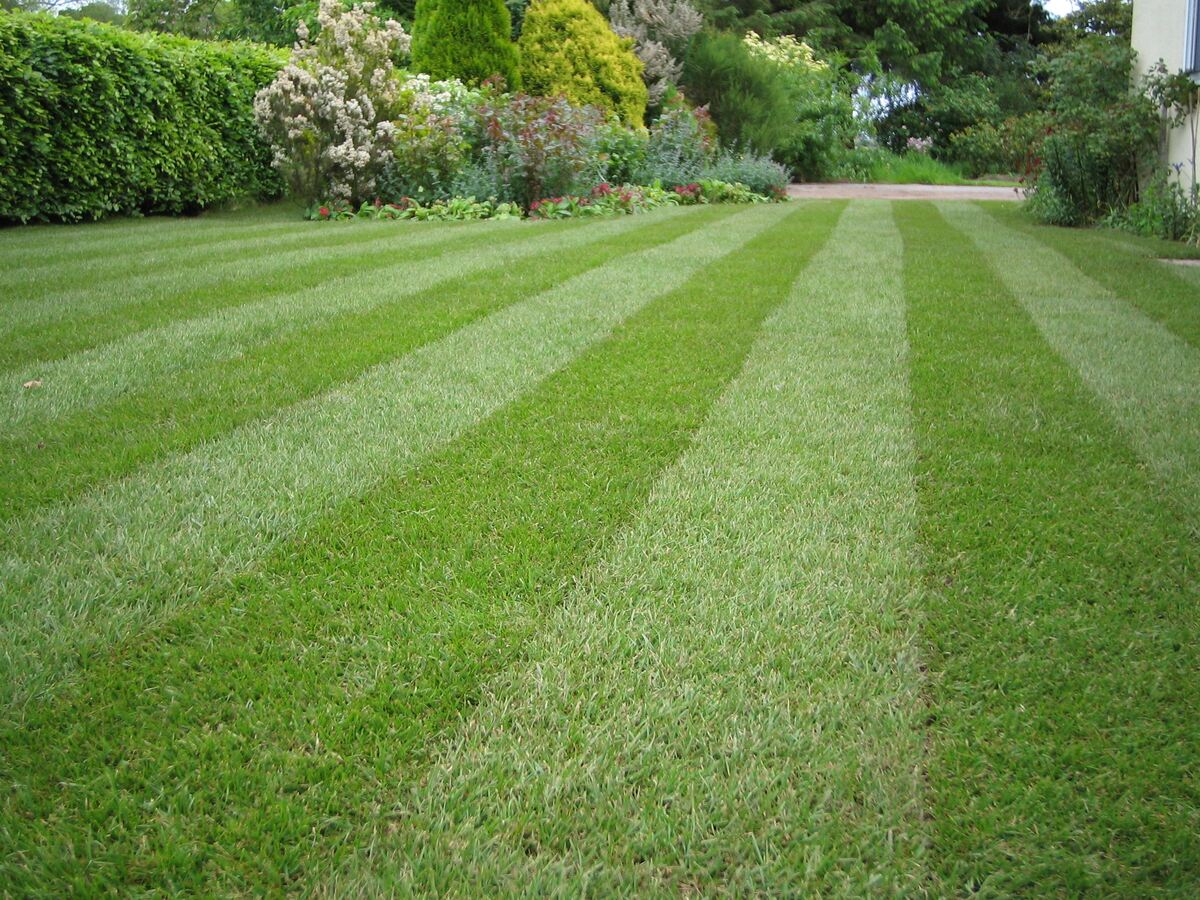
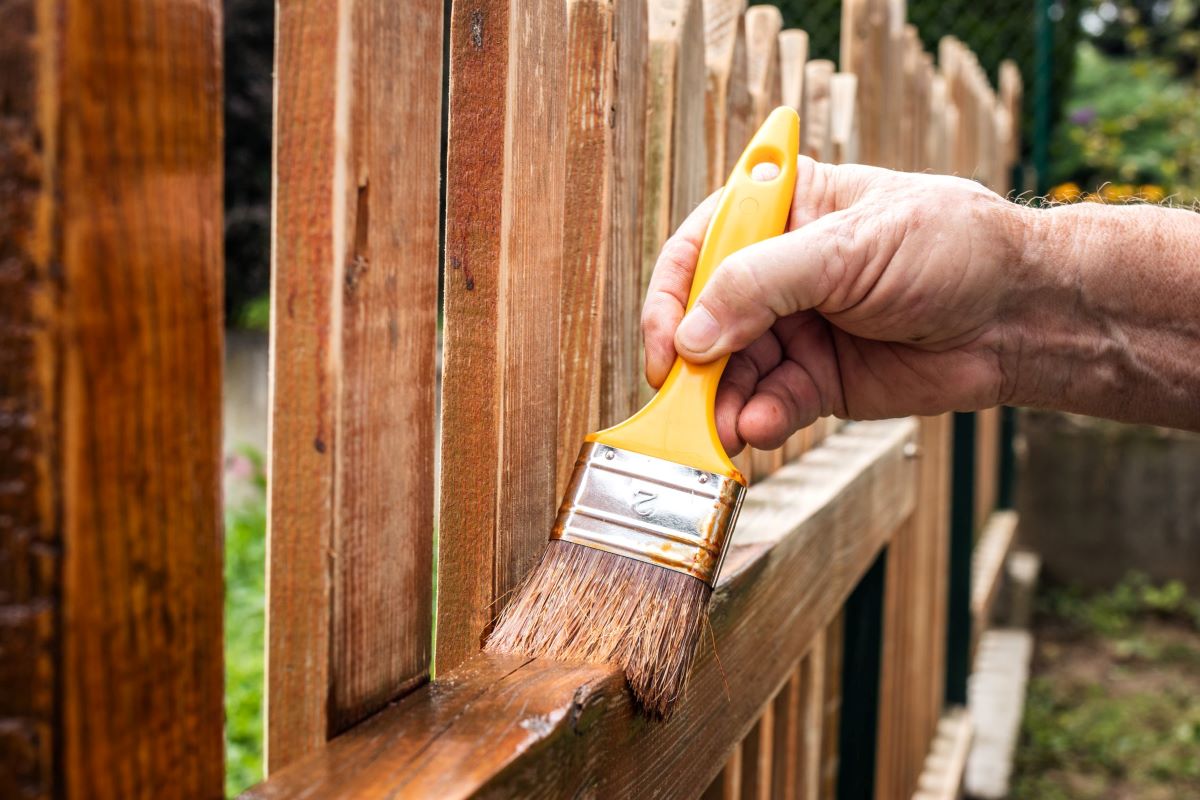

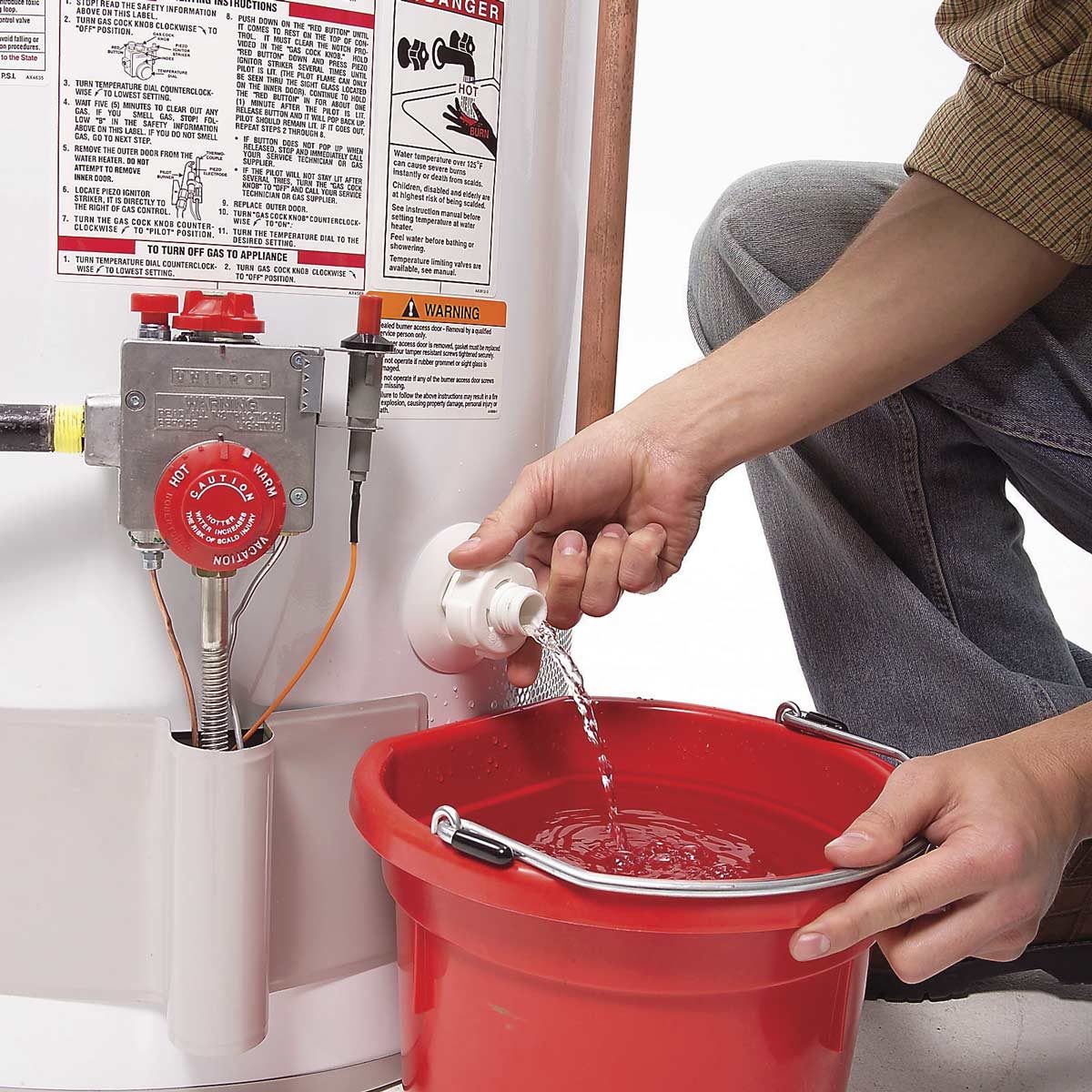


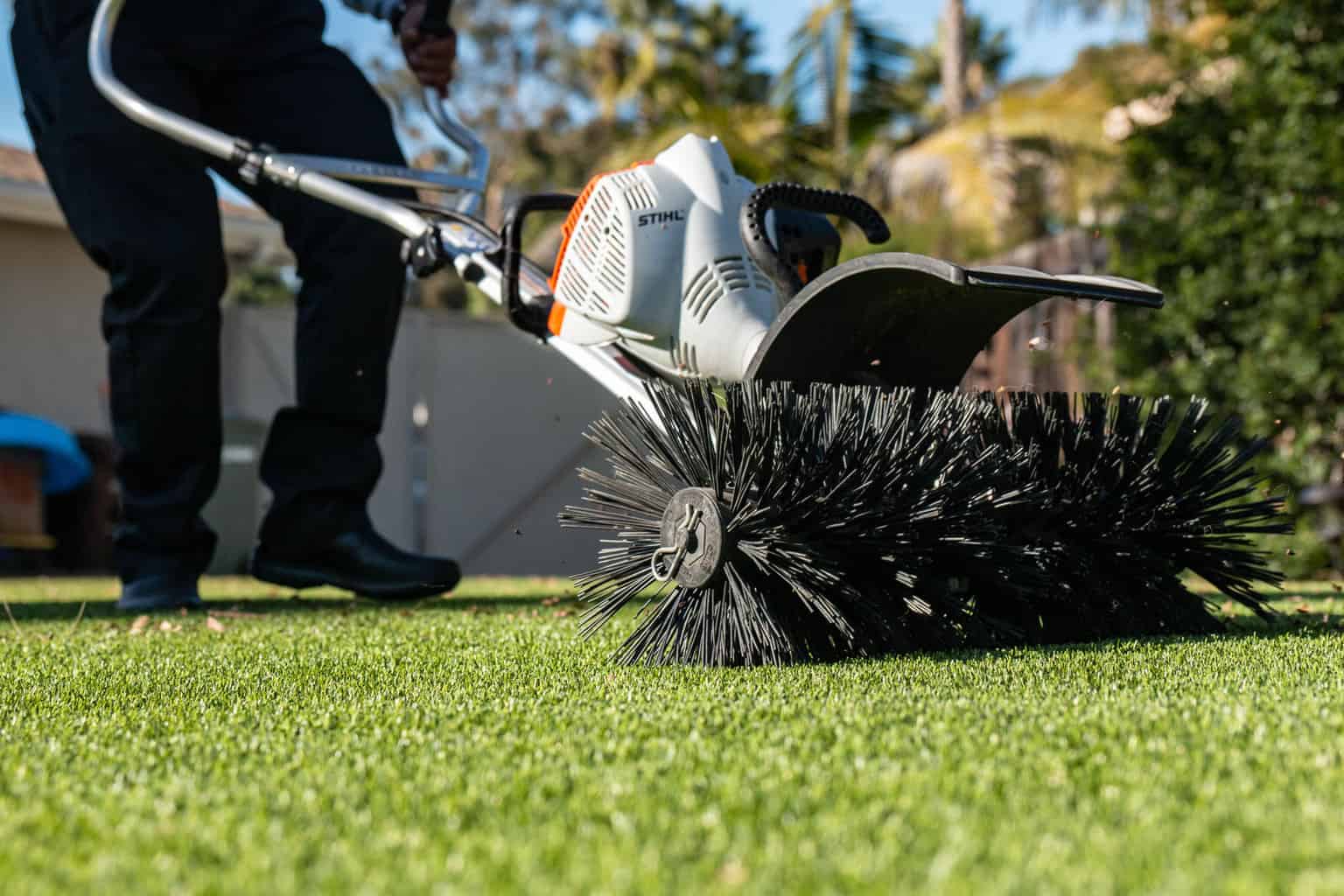

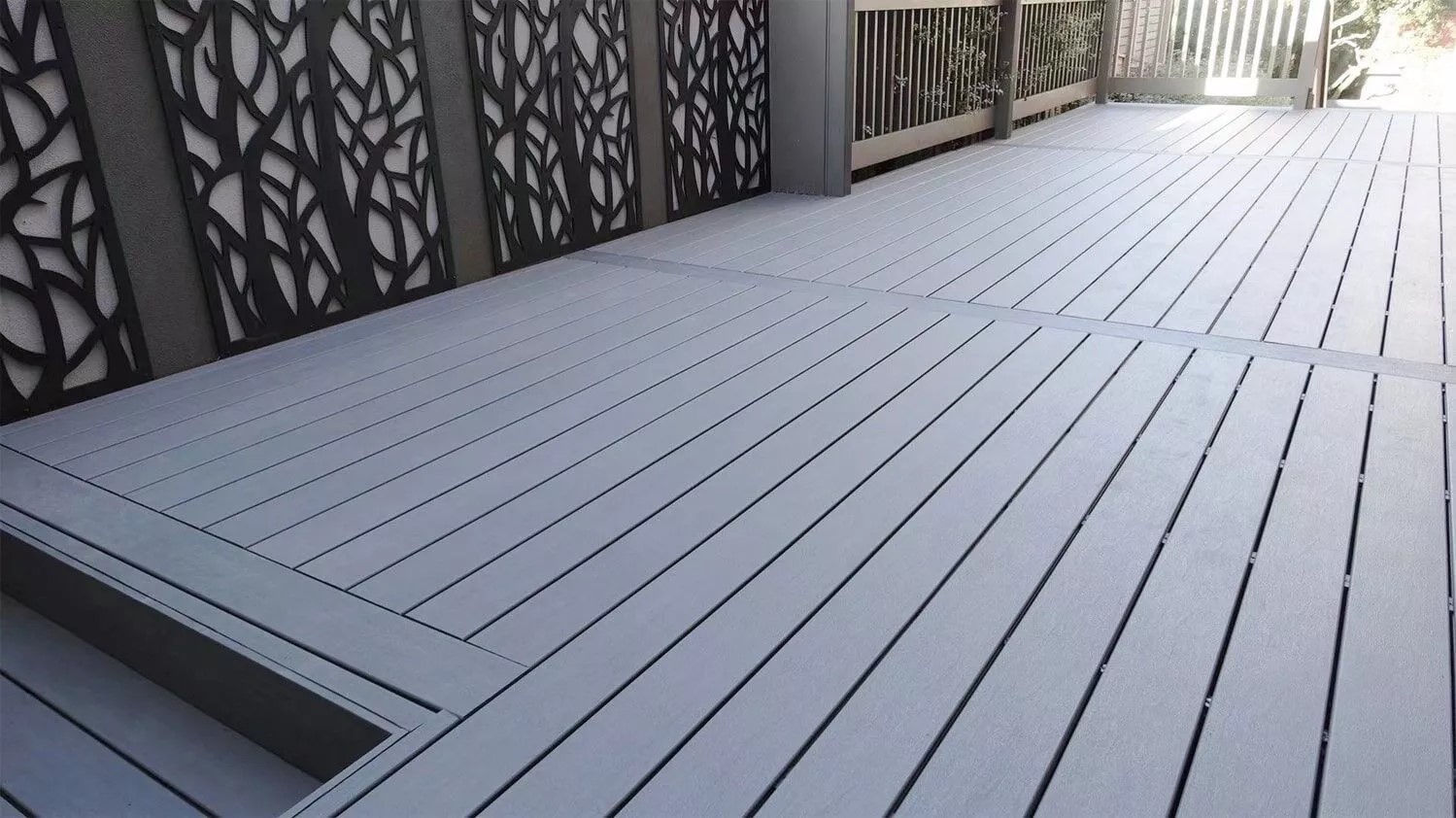
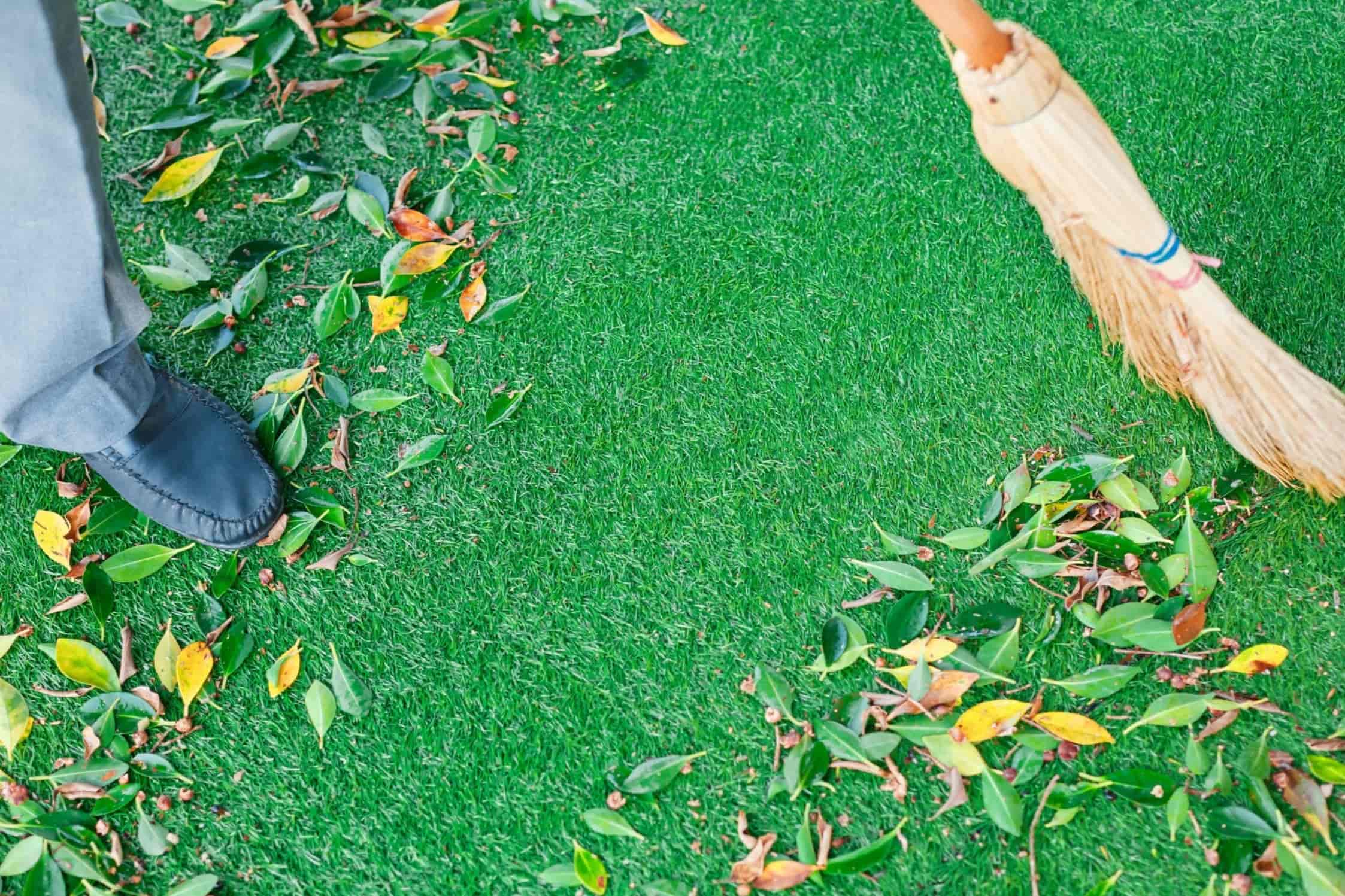


0 thoughts on “How To Maintain Quartzite Countertops”